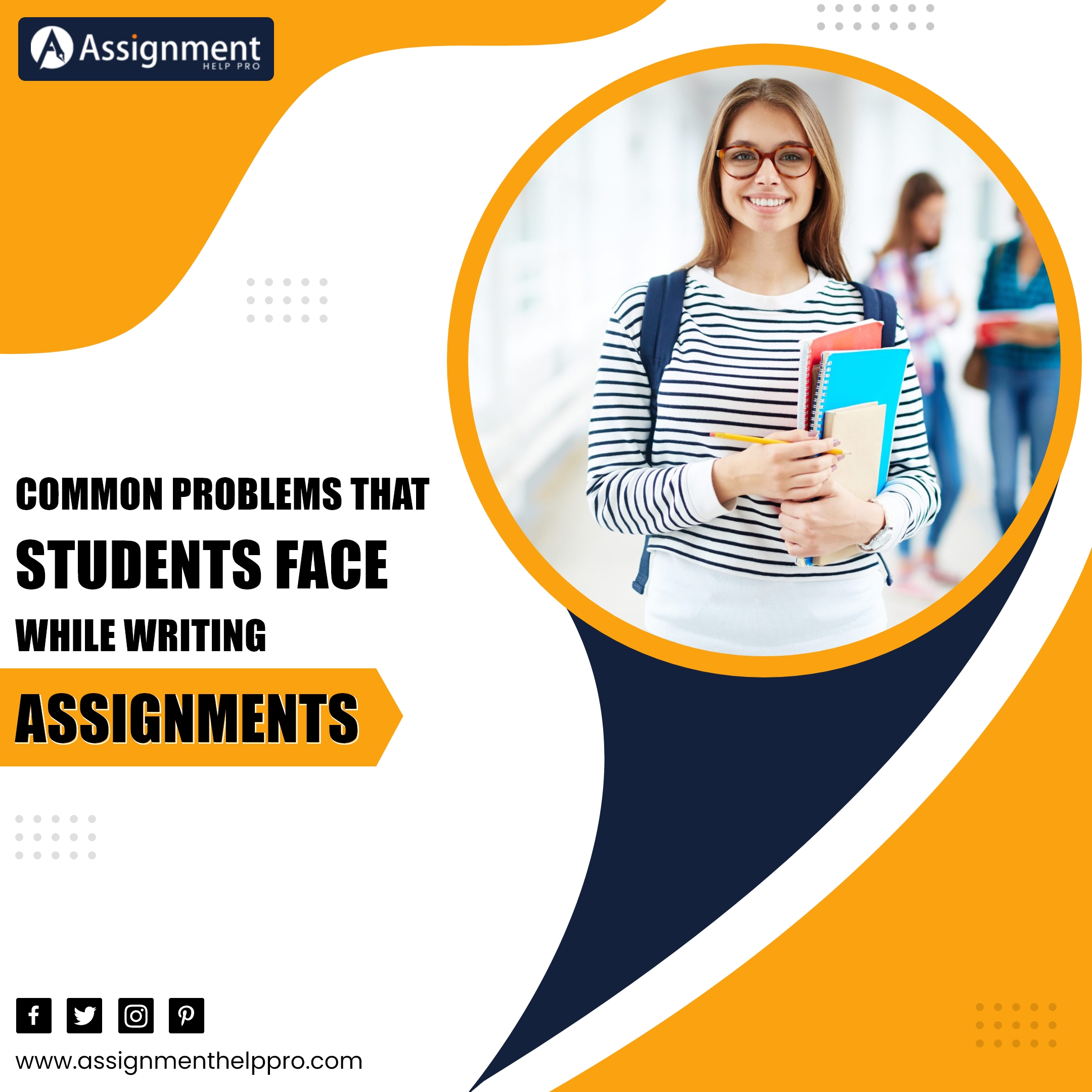Can you imagine what would happen if you studied hard to become a teacher only to discover that being in a classroom imparting knowledge to kids is not something that you enjoy? Would you feel as though those years of study had been wasted and that you had to start all over again? Perhaps this would be exactly how you feel, but the truth is it’s not how you have to feel.
You might not want to be a teacher as such, but that doesn’t mean the work you put in to become qualified isn’t worth something. You’ll have learned many additional skills that can be put to good use in any career, so having a teaching degree is a good way to begin, even if you don’t go into teaching itself.
If you still like the idea of education, but you simply don’t want to specifically be a teacher, then you’re in an even better position. If you want to use your degree and find a new career, here are some ideas to get you started.
School Administration
If you have a passion for helping children gain the most out of their education, but you want to do it from a different perspective than being in the classroom with them, some form of school administrator job would work well for you.
When you are an administrator, you will be responsible for a specific element of learning within the school or perhaps the entire school district, depending on the level of work you do and where you work. This might be a certain subject or topic, or it could be something broader, such as culture, health, and safety, or operations. You will speak to parents, teachers, and students and ensure that everyone is happy and satisfied with the way the school is run.
You don’t have to have been a classroom teacher to be a good administrator, but it can certainly help if you were, as it will give you extra insight into how a school works and the different hierarchies and ideas within it. You can use your online masters degree in education to good effect in this way and enjoy a career that is both important and satisfying.
Standardized Test Developer
For teachers, there are numerous different career paths they can follow if teaching no longer excites them. Students need a teacher who is passionate about what they’re teaching, so if you start to feel that you no longer have this passion, trying something else might be best for everyone, including your students.
With this in mind, something that can often appeal is becoming a standardized test developer. When you take on this role, you will still have responsibility for ensuring that children work hard to reach certain targets because you will be the one setting those targets and creating the questions, they need to answer on each test they take.
When the standardized test questions are fair, and of high quality, those taking the test can feel pleased that they have worked hard towards where they are meant to be in their education. The tests, when designed well, will also show students where they need to study more and what areas they should be putting additional work into (perhaps hiring a tutor, for example).
To do well in this job, you’ll need to have a firm and deep knowledge of whatever subject it is you’re setting tests for. This is why it can be the perfect job for a teacher to take after they choose not to teach in front of a class anymore.
Educational Consultant
If you still want to remain in education after you no longer want to be a teacher, there are many roles you can look into, and one that might suit you is being an educational consultant. In this role, you will be able to help children learn, giving them positive encouragement and additional assistance as needed.
Most educational consultants help out at a number of different schools in one area, making it a more interesting career for those who prefer not to work in one place all the time. The routine will be slightly different and varied, unlike that of a teacher who needs to work in the same place – often the same room – all the time.
The responsibilities of an educational consultant are also varied, again making it a more interesting job for those who prefer less of a routine. You might be asked to work with students, perhaps teachers, or maybe principals and school administrators. You’ll be able to give advice about education and the best learning methods, offer up-to-date information about the curriculum and teaching ideas, and be someone anyone can come to for help when required. It’s a highly responsible job, but one that can be extremely rewarding.
After School Program Director
You might not want to be a teacher anymore, but that doesn’t mean you no longer want to teach and interact with kids. So, what kind of job could you do? One idea is becoming an after-school program director.
Children need to be stimulated not just in the classroom but throughout their days, and by developing and offering after-school programs in various different subjects and areas, you can help engage children even more than you might have been able to do in the classroom.
This career entails working with teachers, tutors, coaches, and administrators to design and implement after-school programs that will help children gain an extra level of education while doing something they truly enjoy.
School Phycologist
Of course, teaching and designing educational aids aren’t the only options when it comes to moving on from being in the classroom with your teaching qualifications. Another idea could be to become a school psychologist. Again, of course, you will need to have qualifications relating to this, but once you do, the knowledge you have gained about how students work and what they are thinking within your classroom will help you gain a better insight into their mental health and will allow you to become a dedicated and exceptional school psychologist.
Children have always had the potential for mental health problems, but in the past, this was largely ignored. Today it has been recognized as a larger issue, and school psychologists are extremely important in the educational realm.









